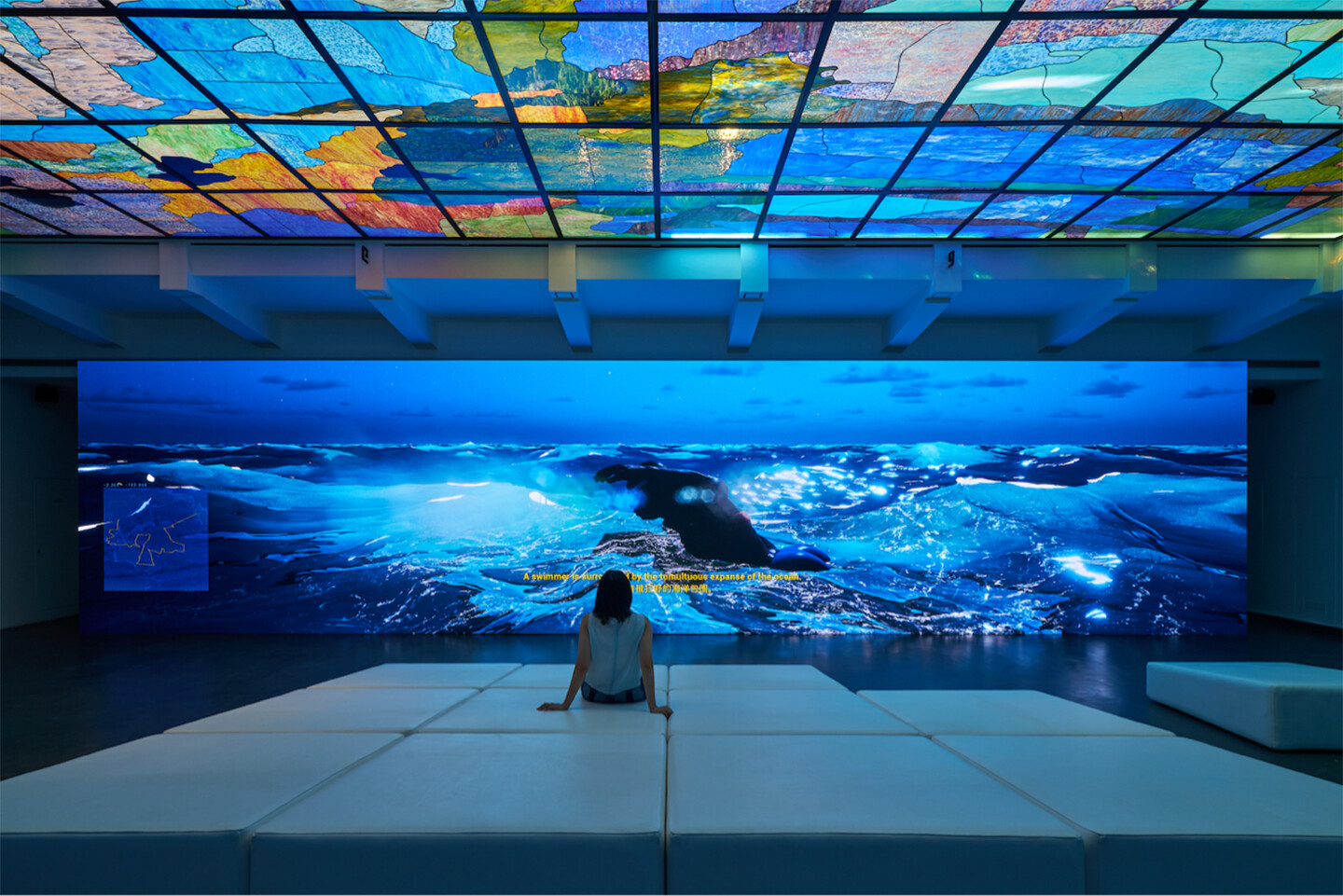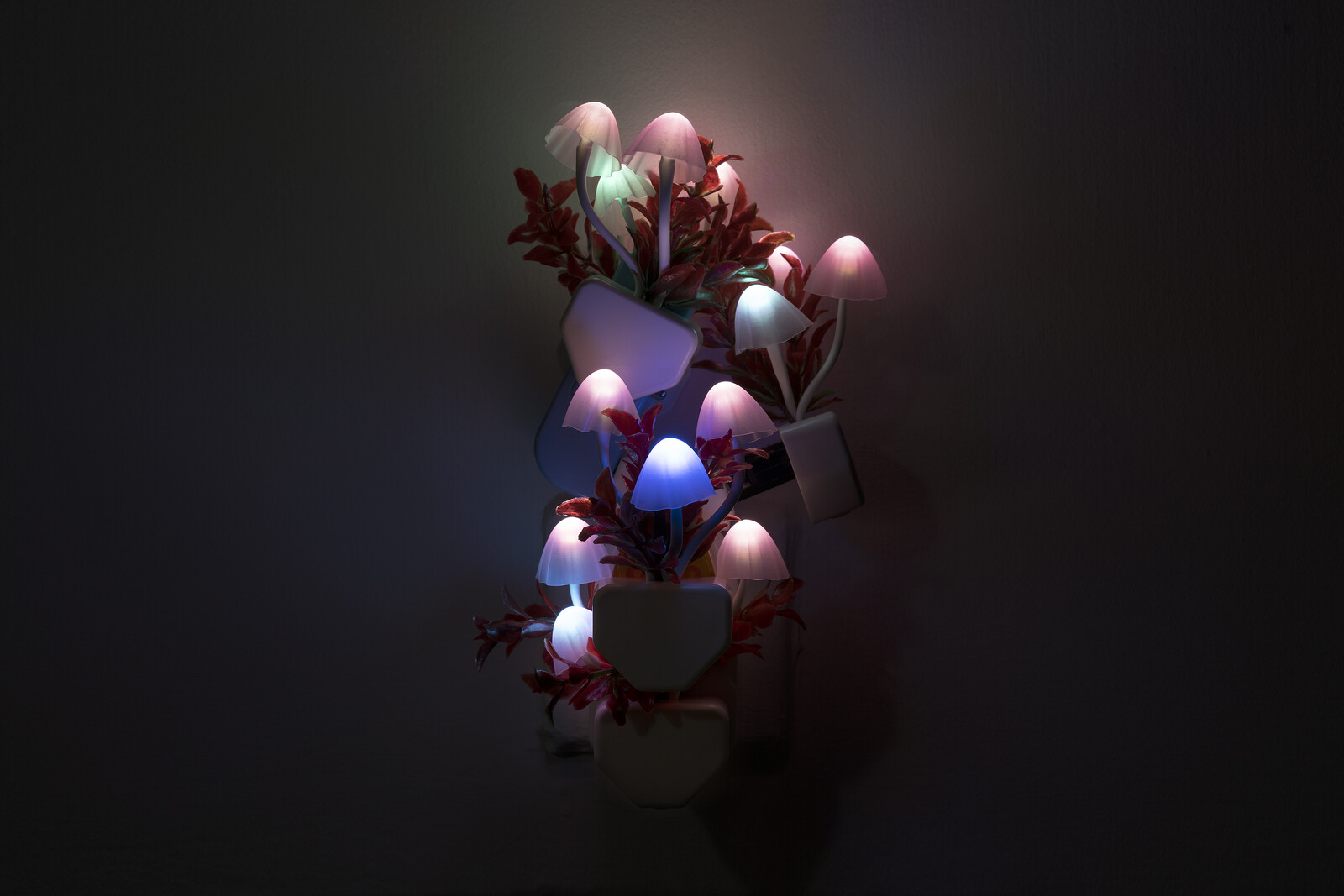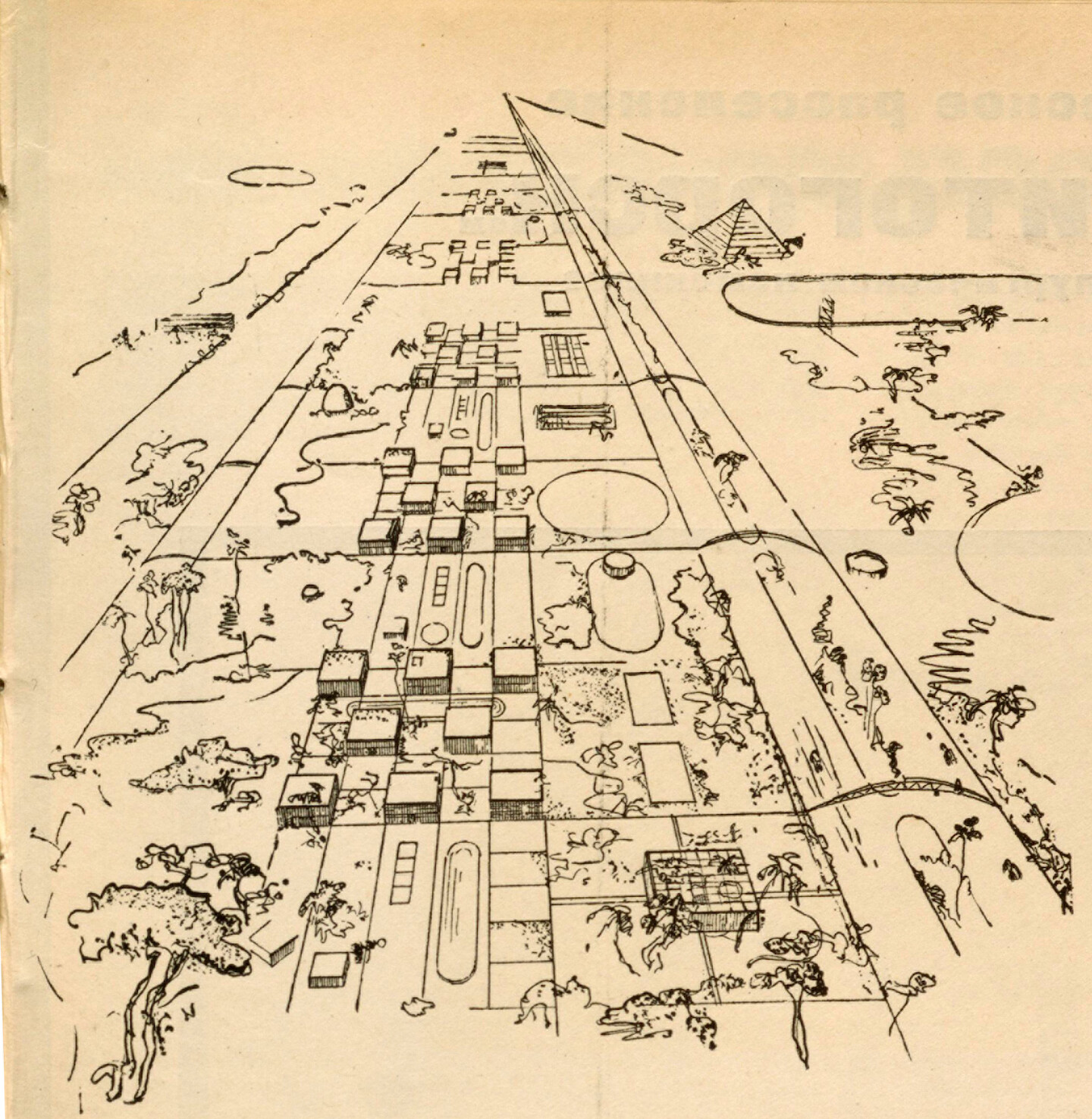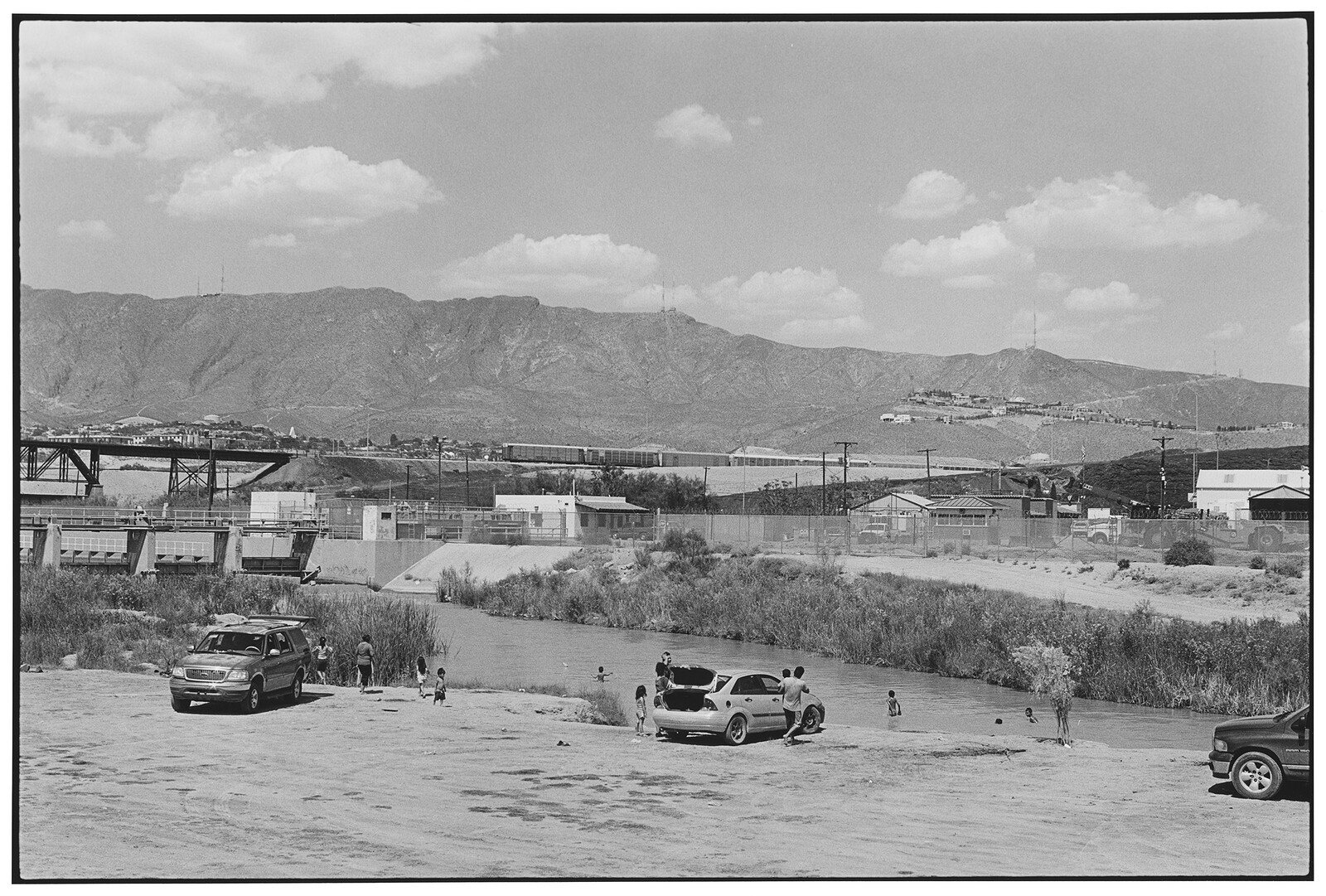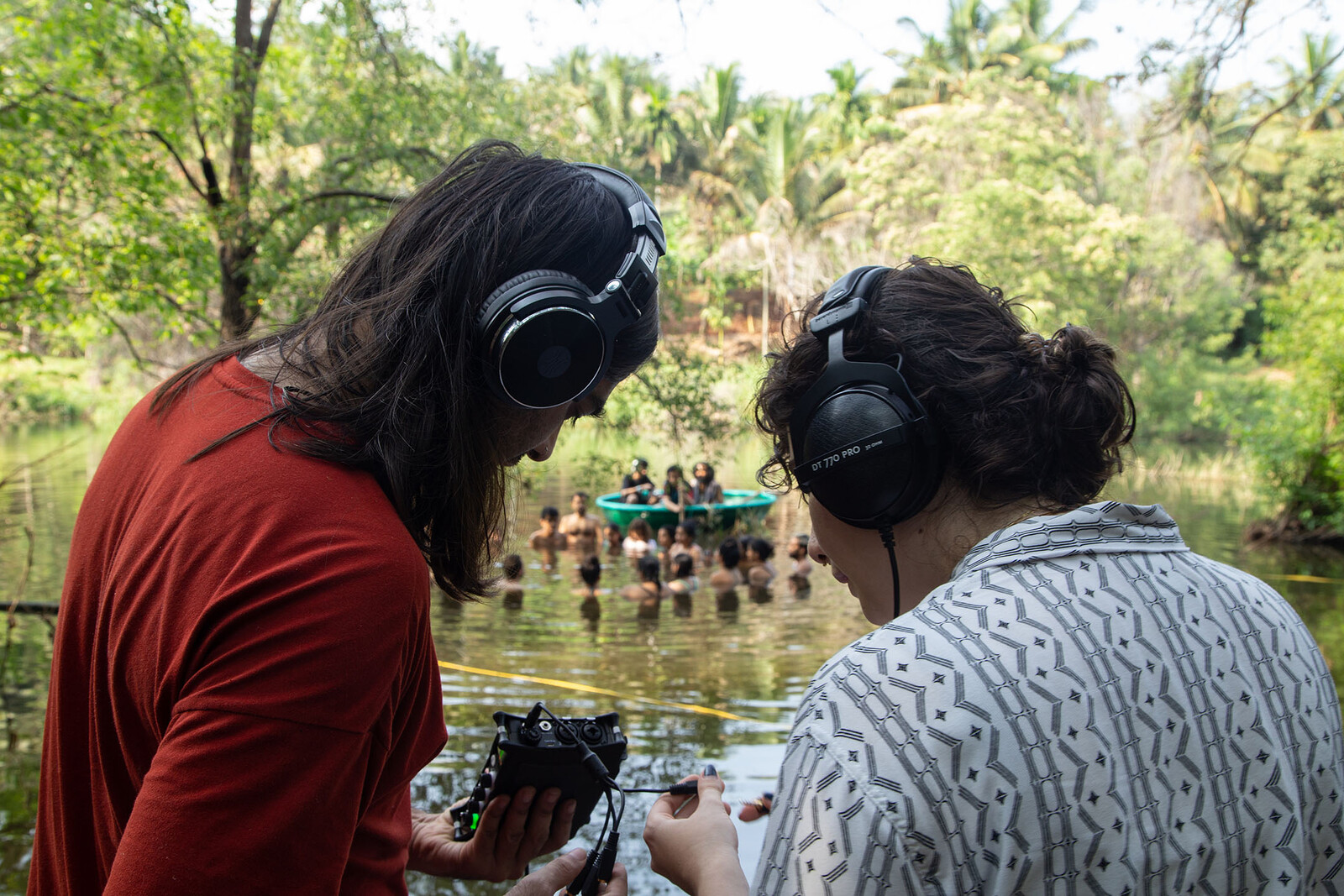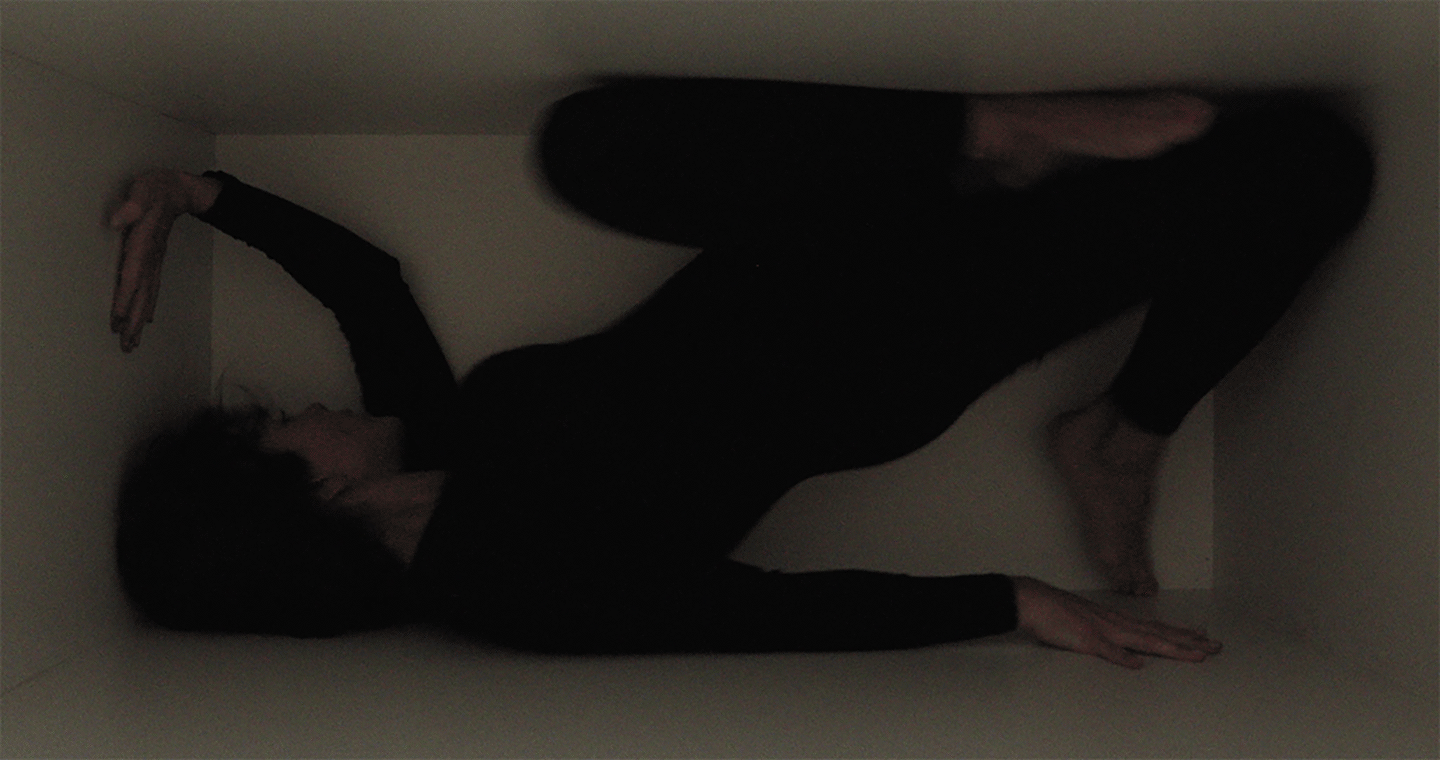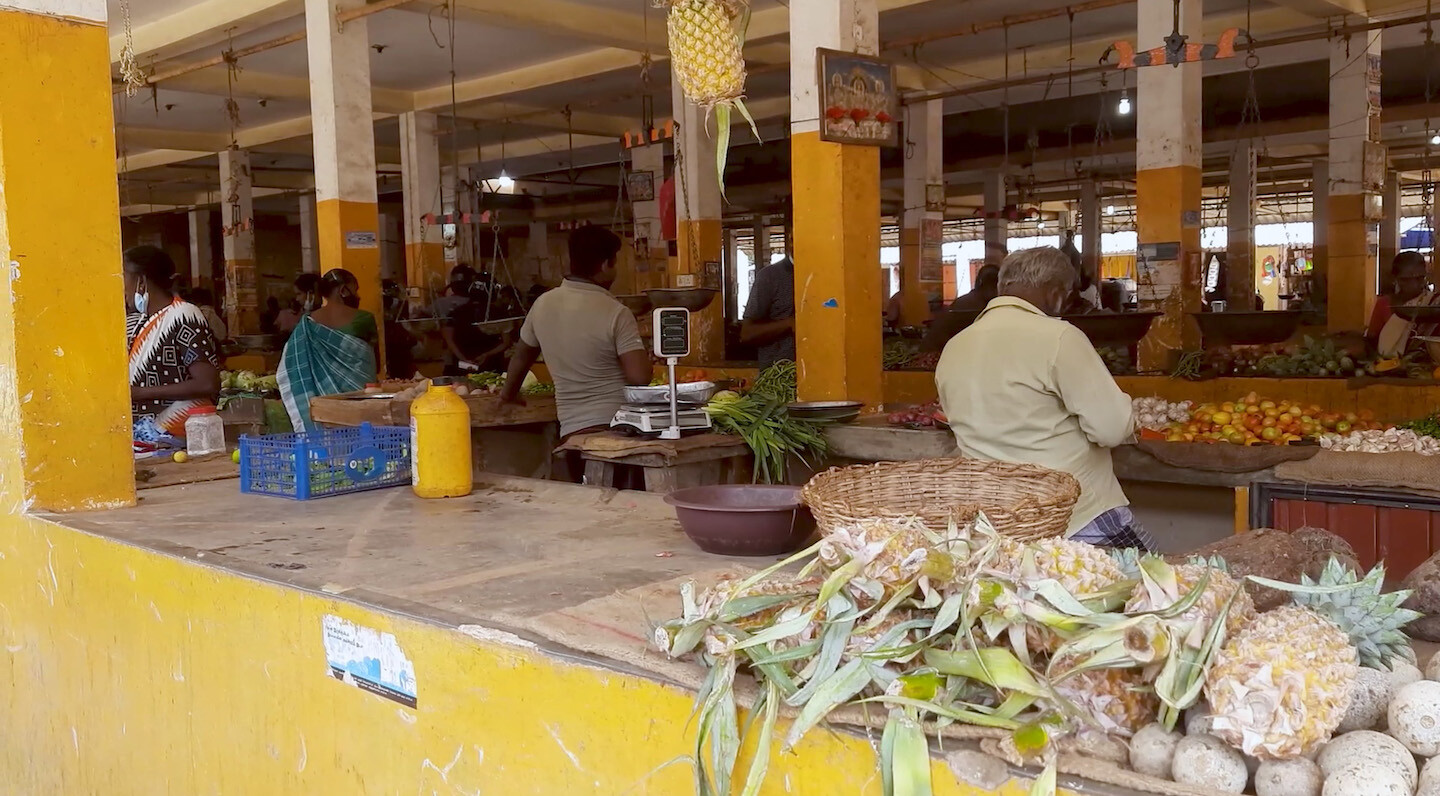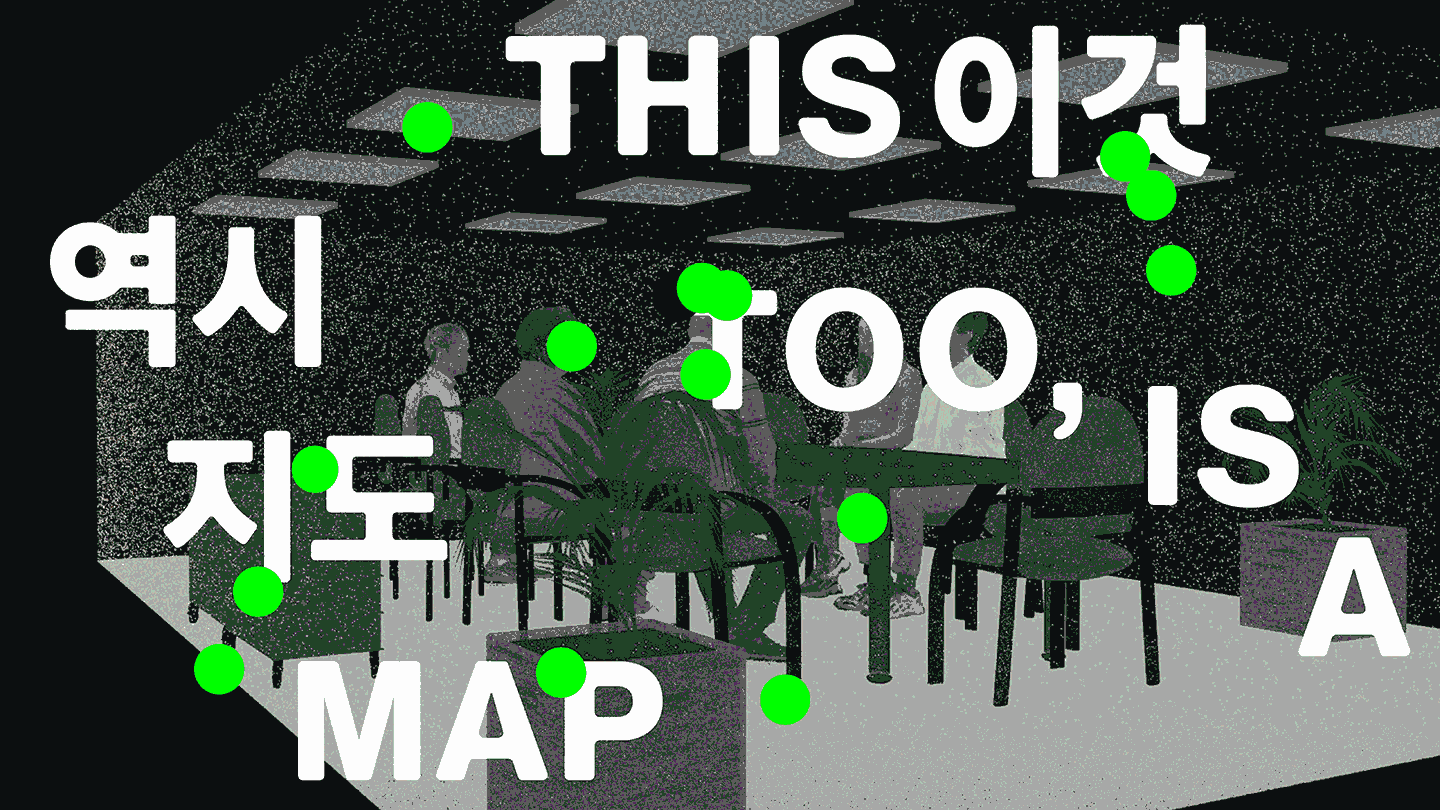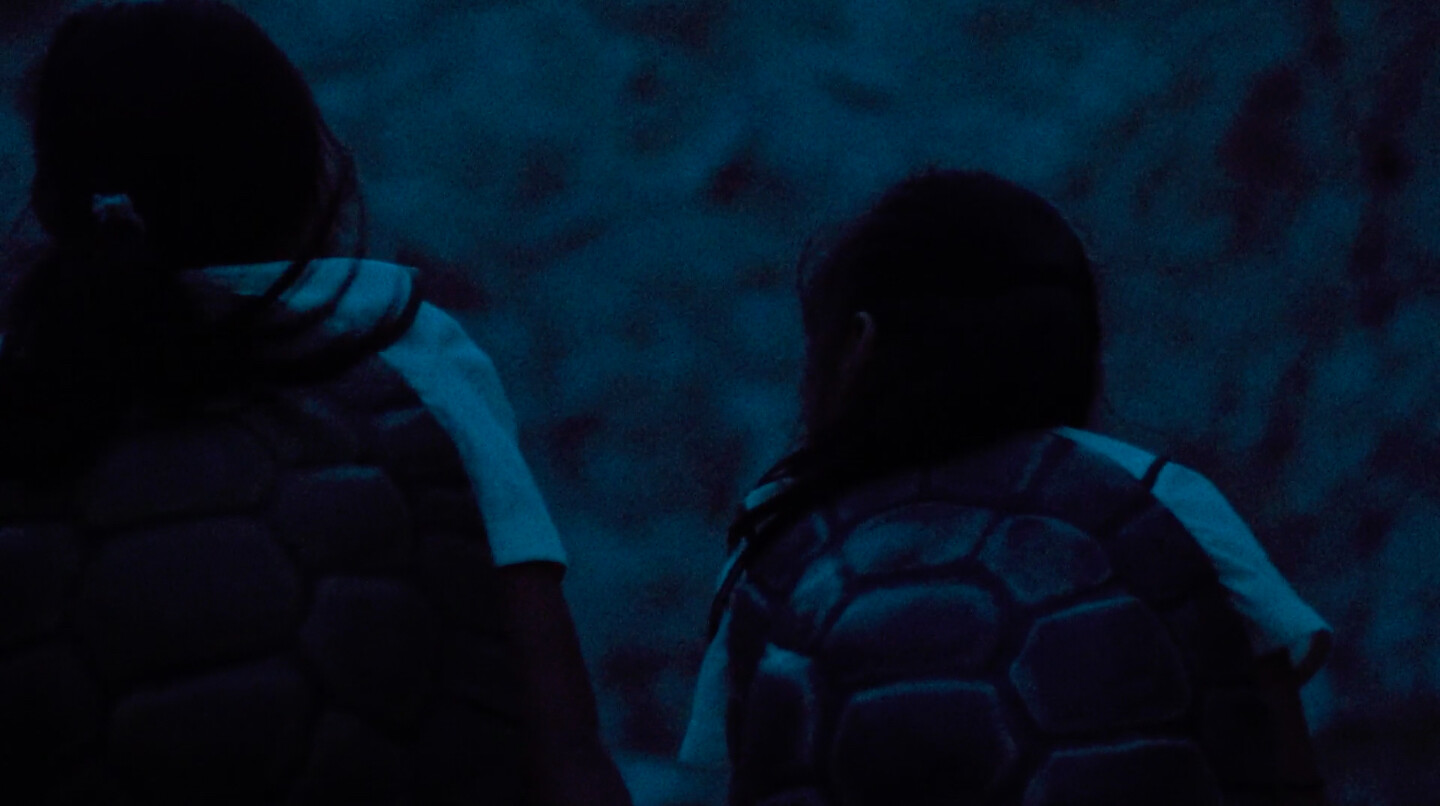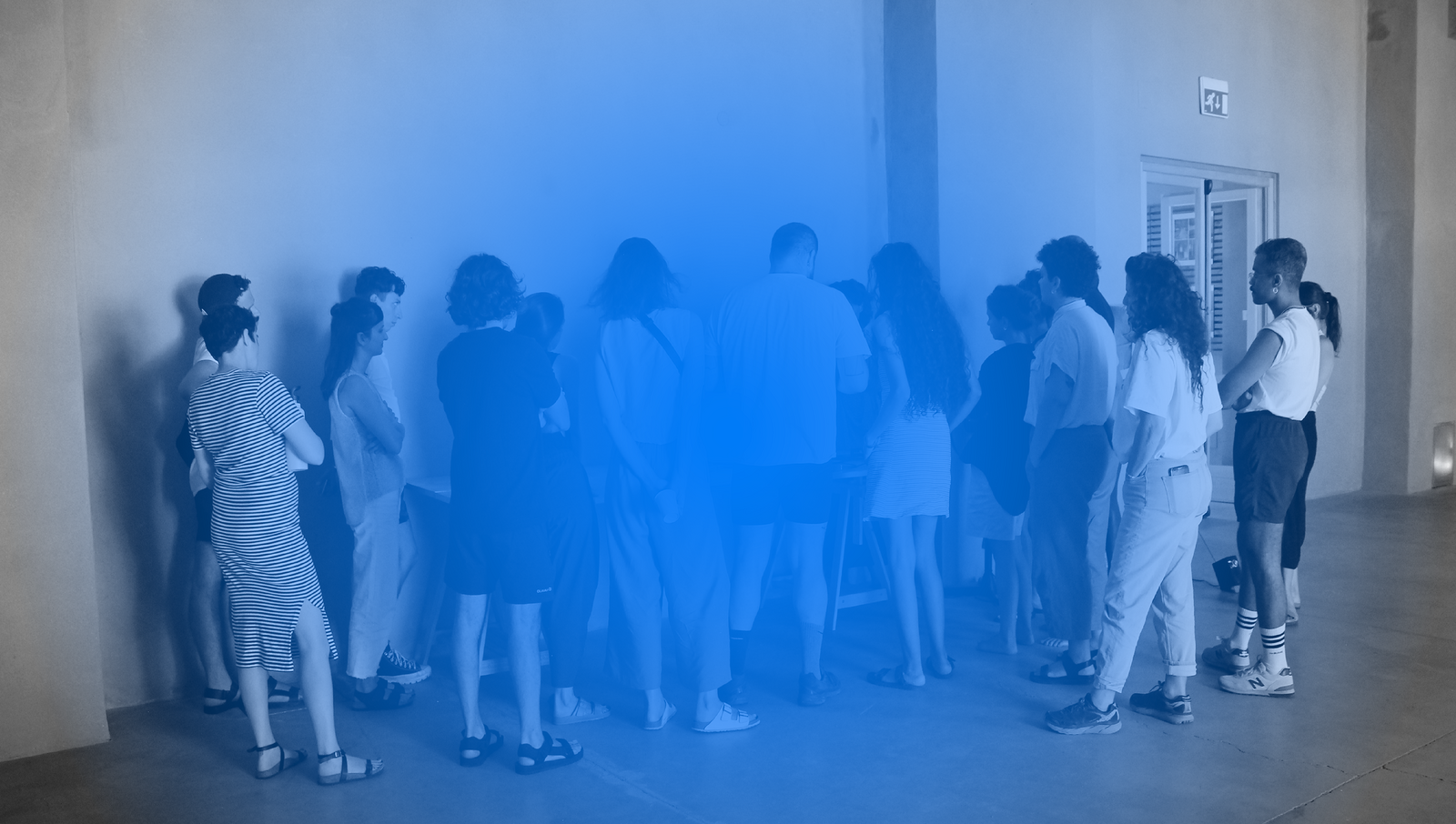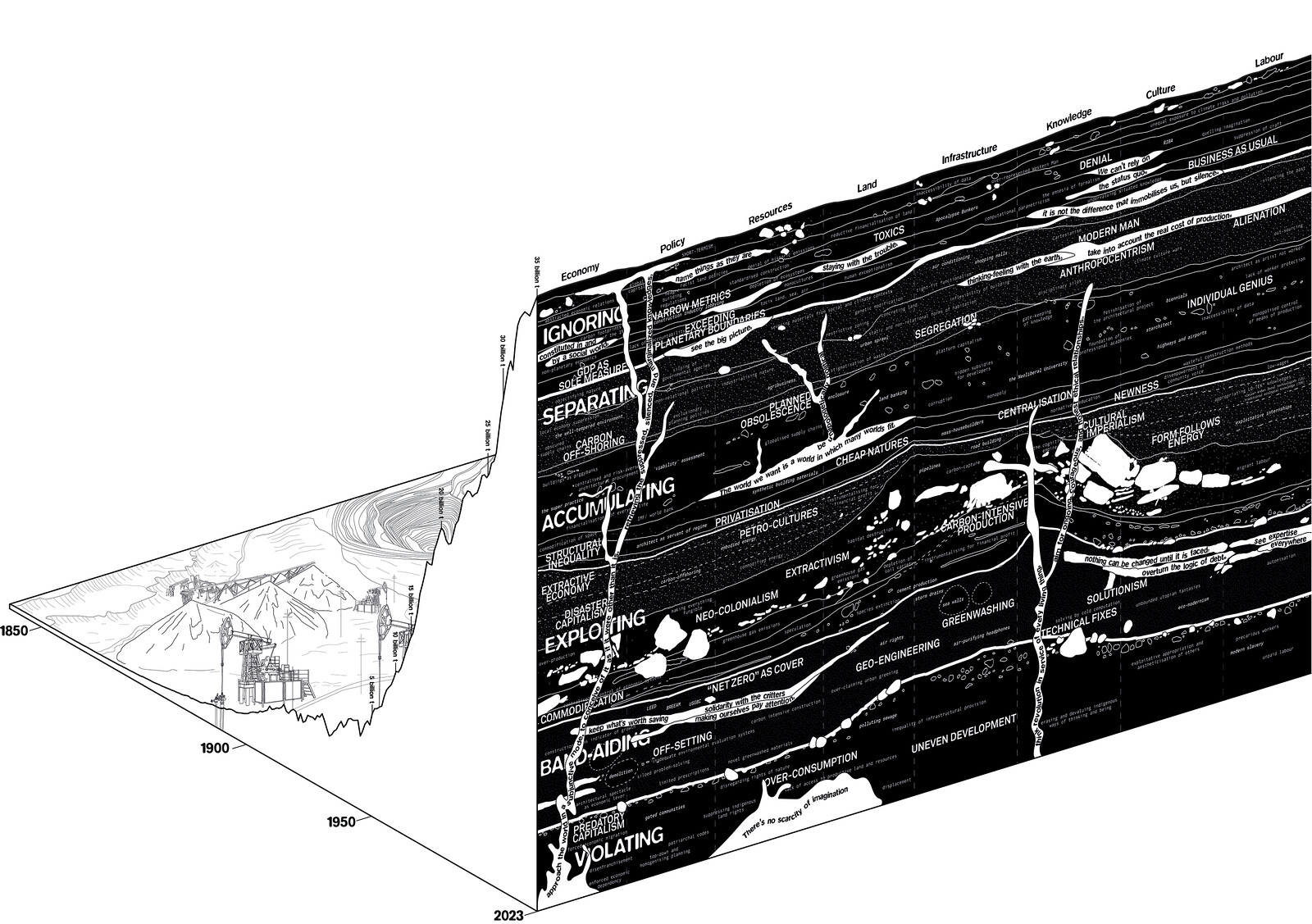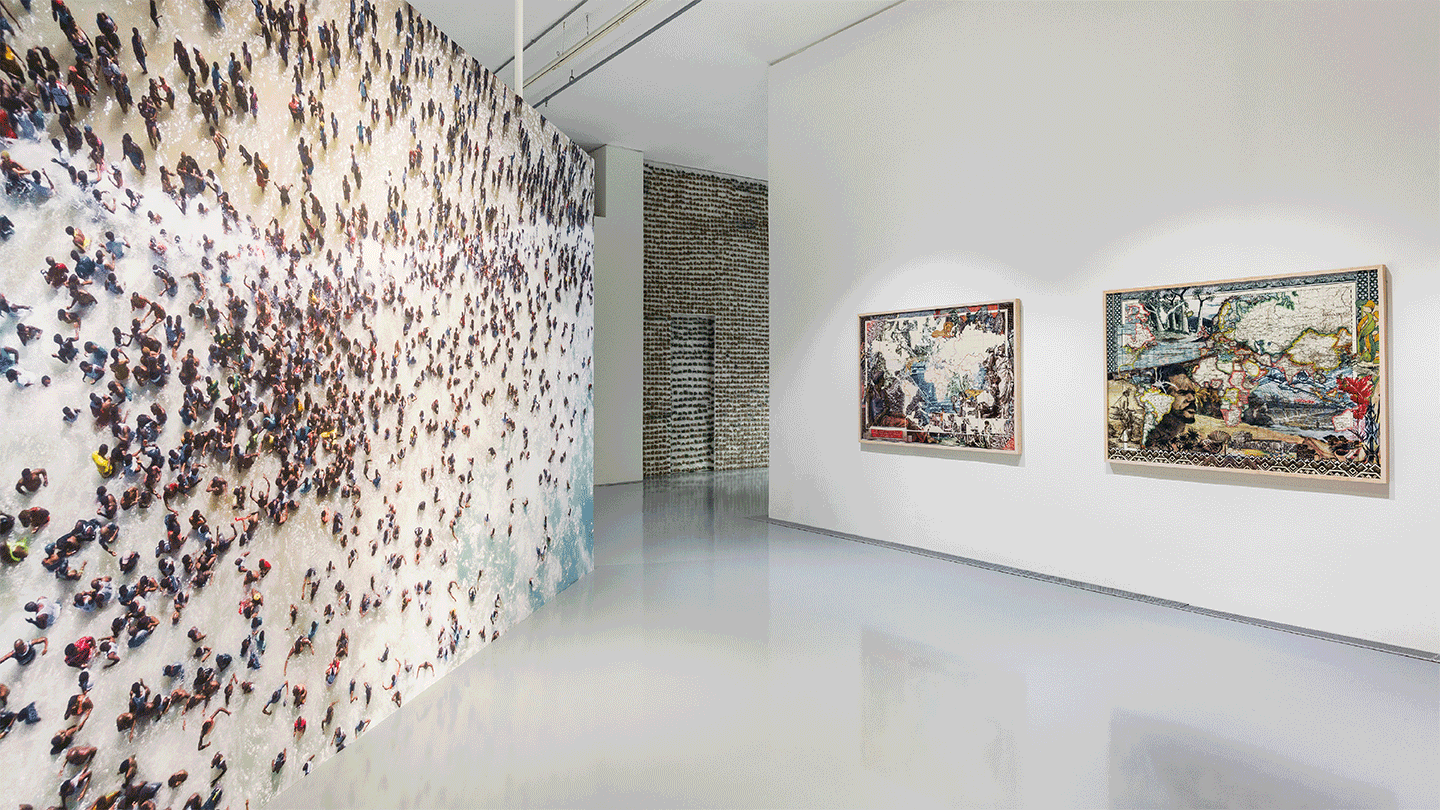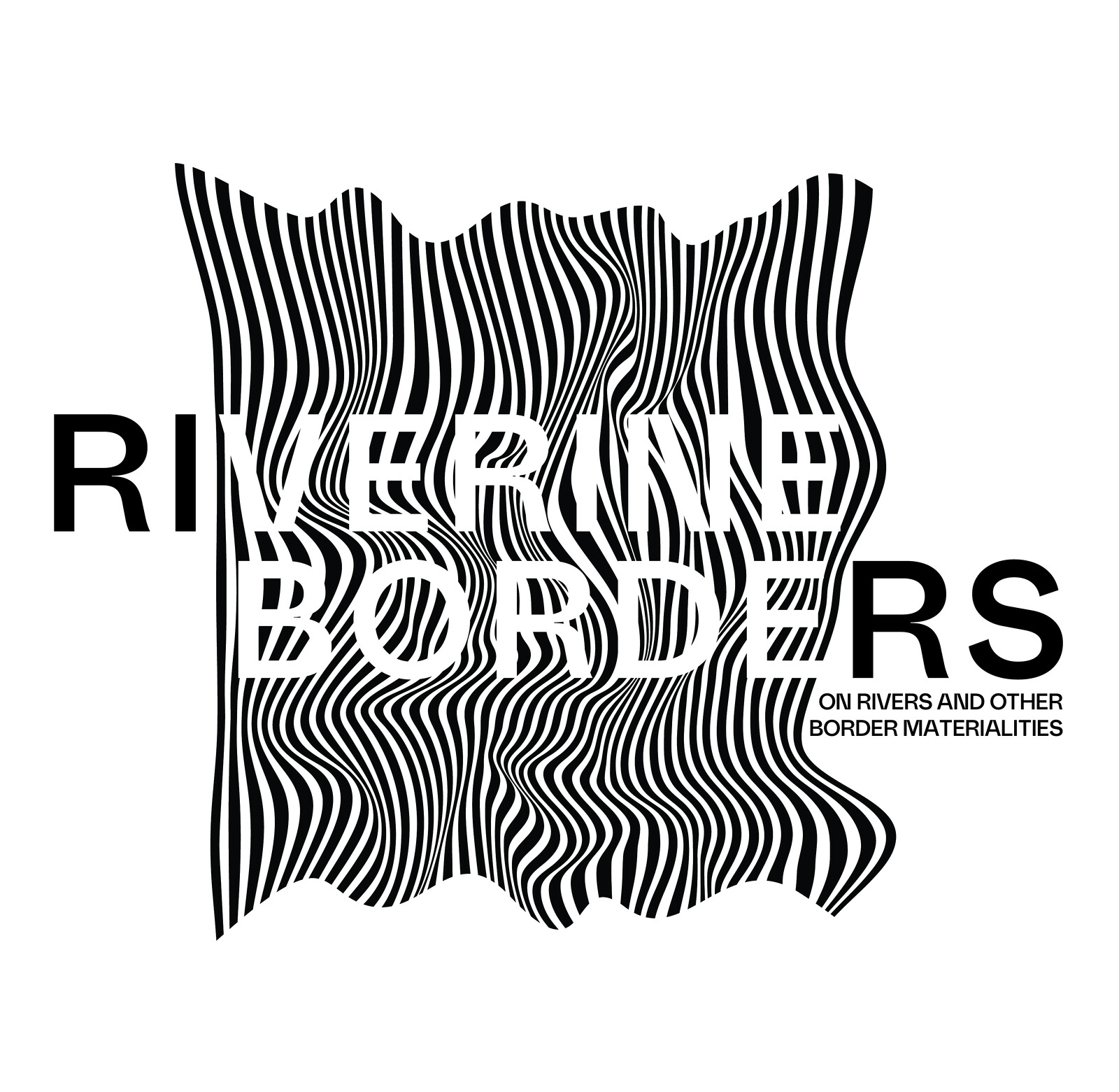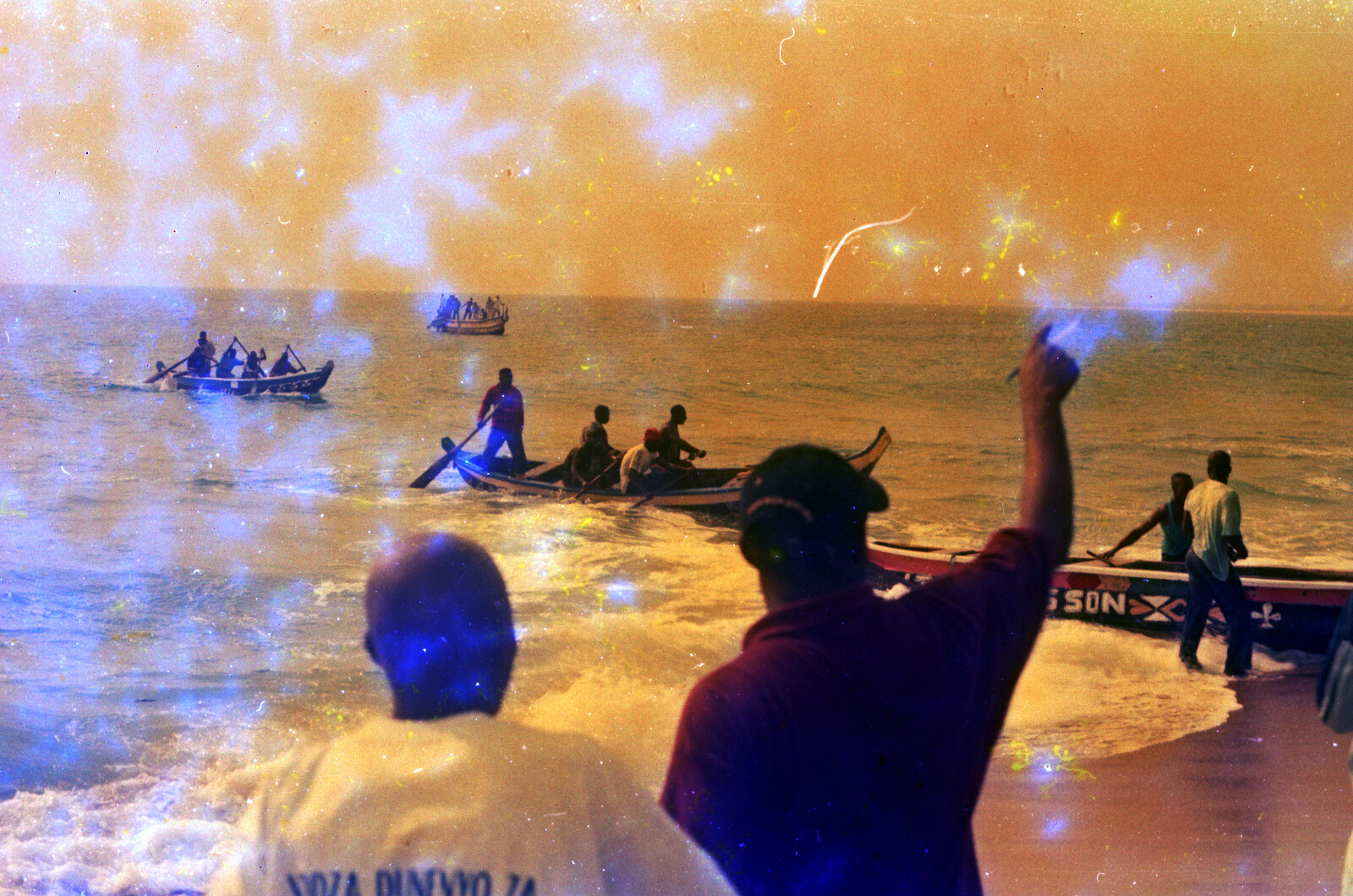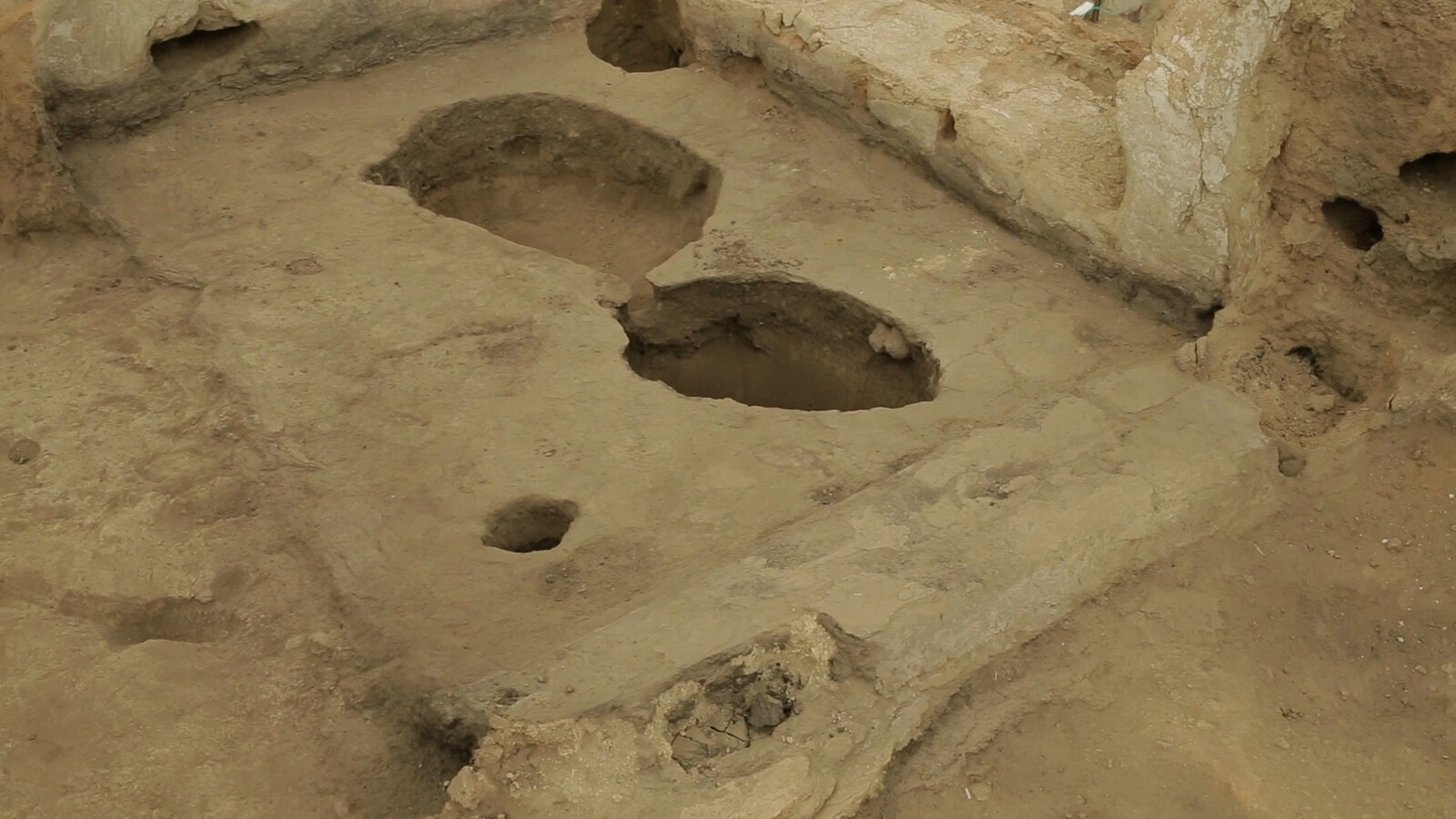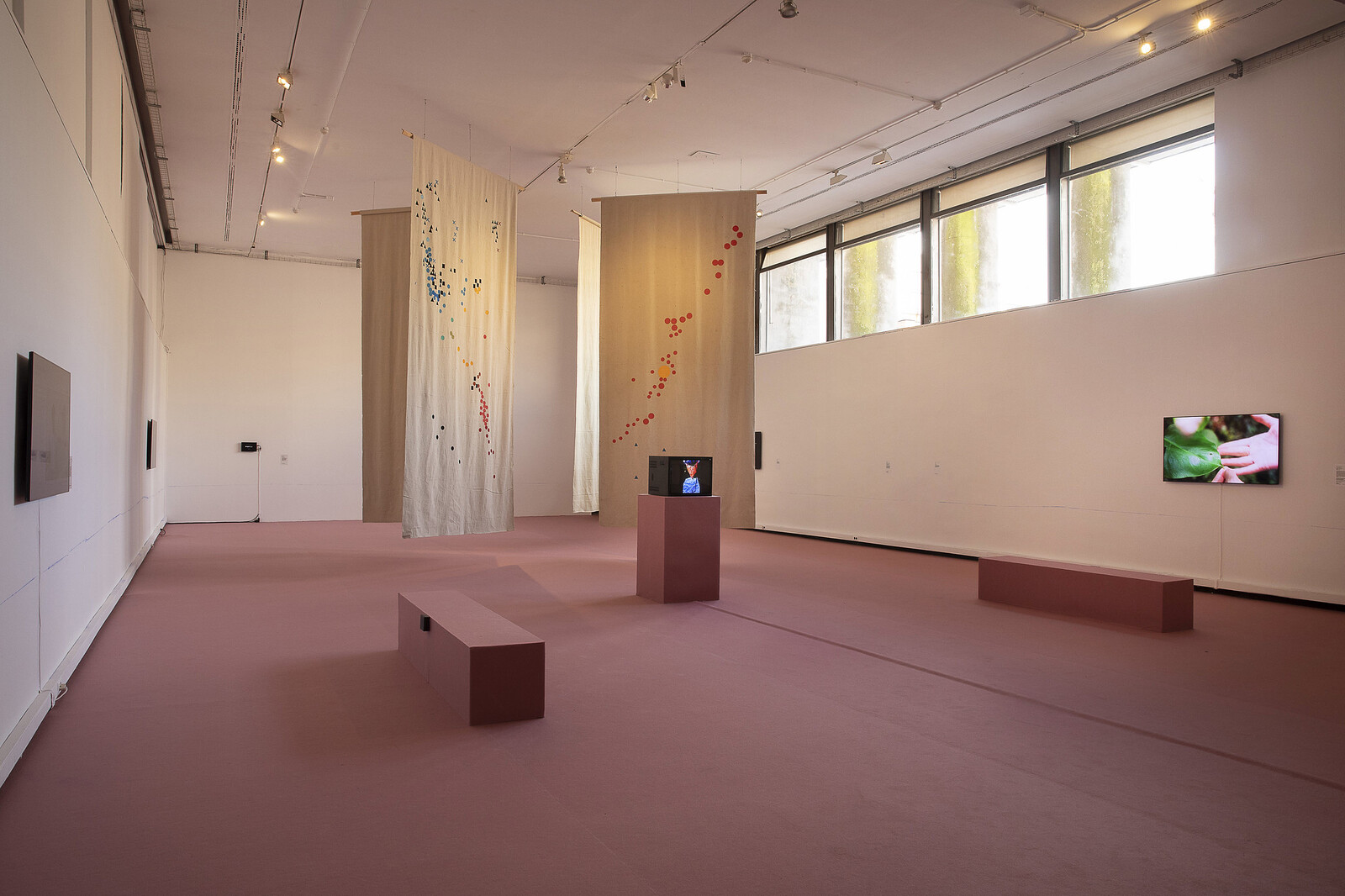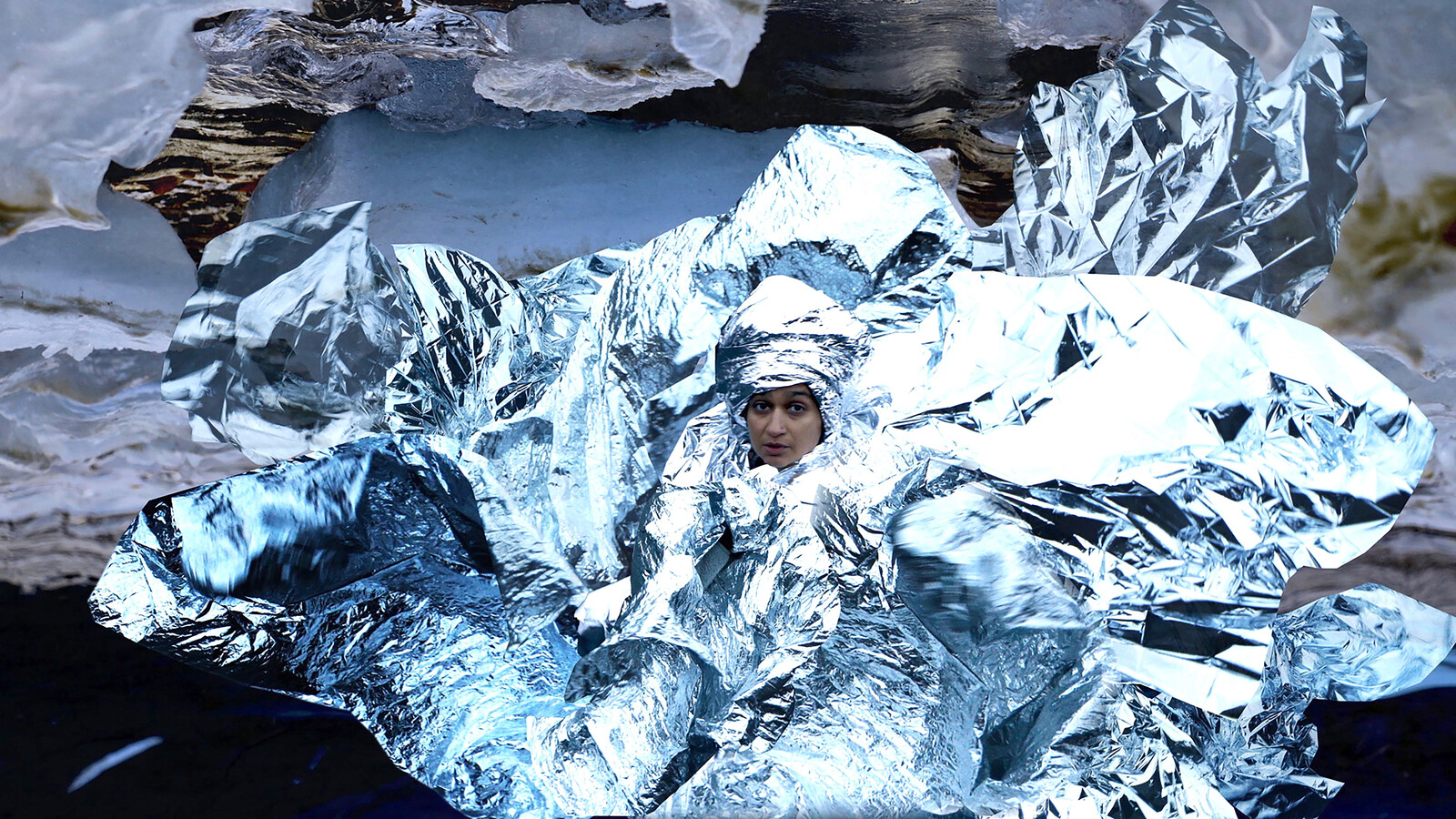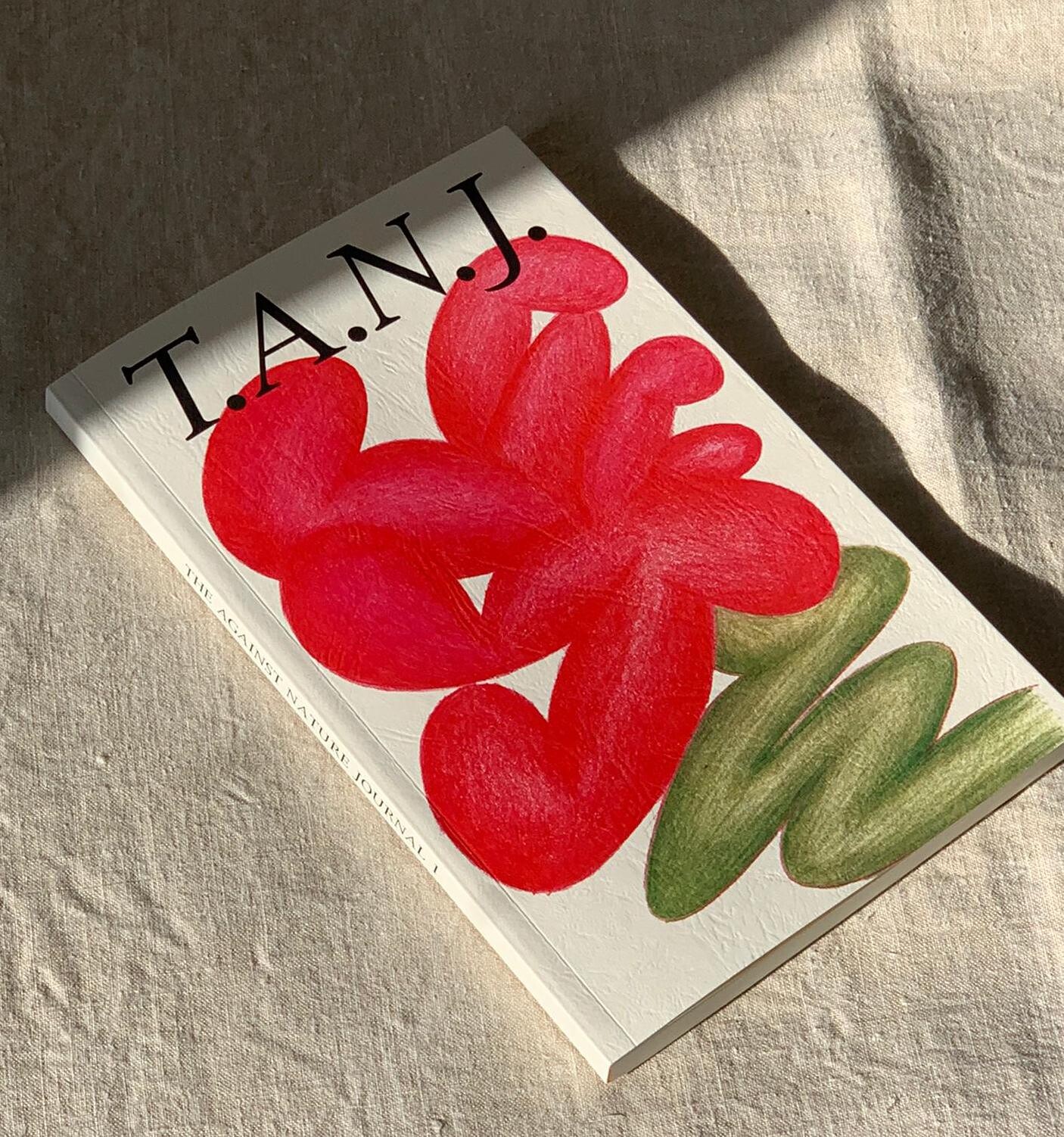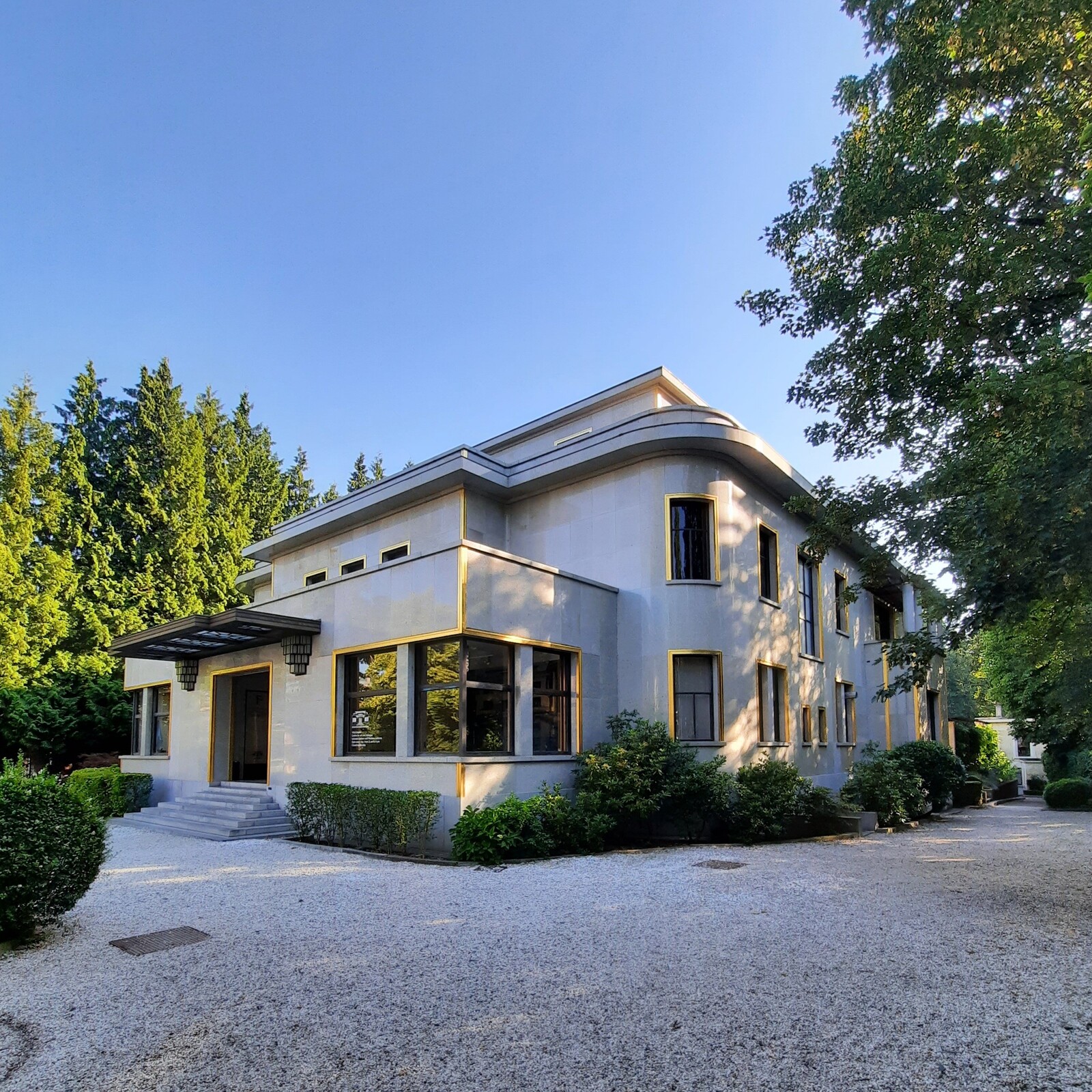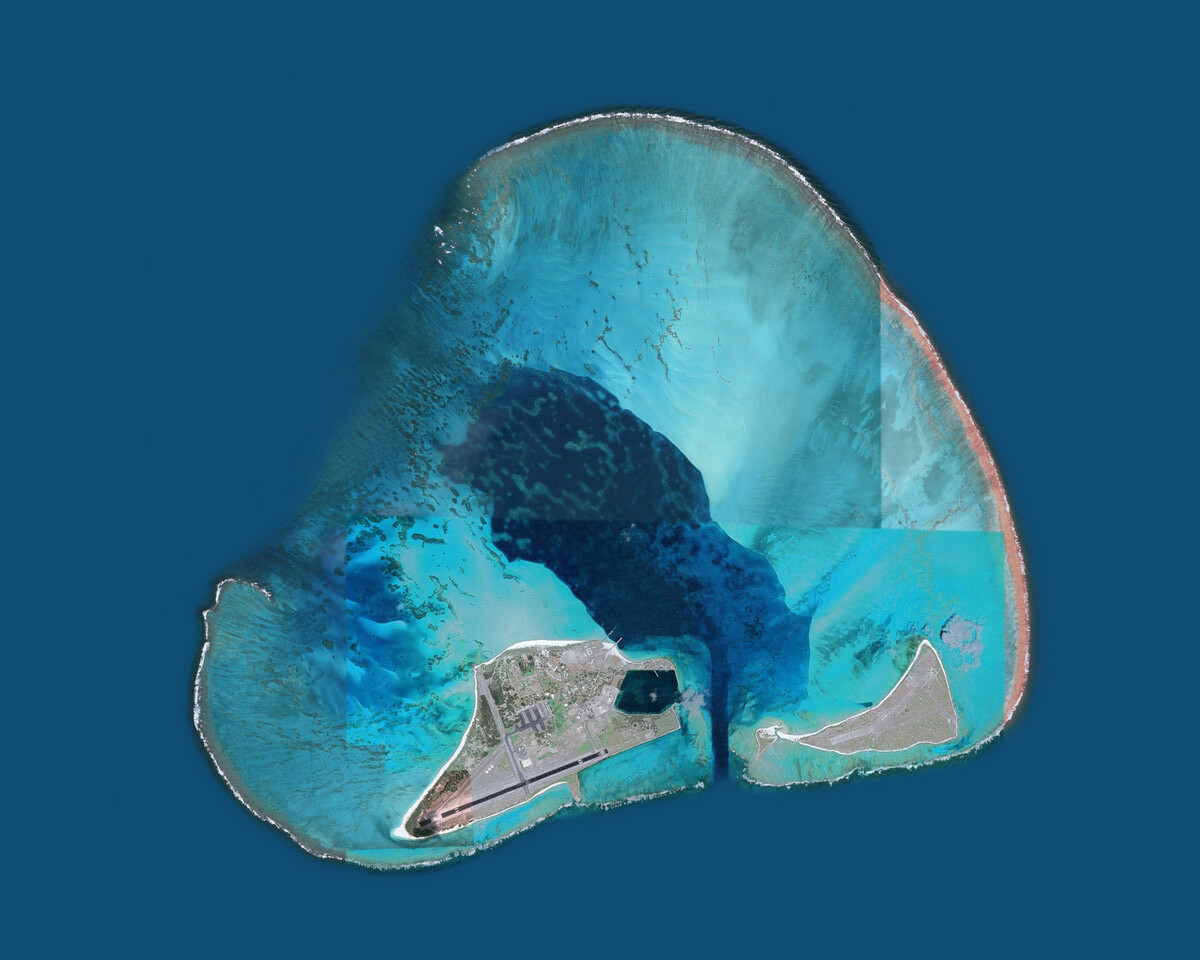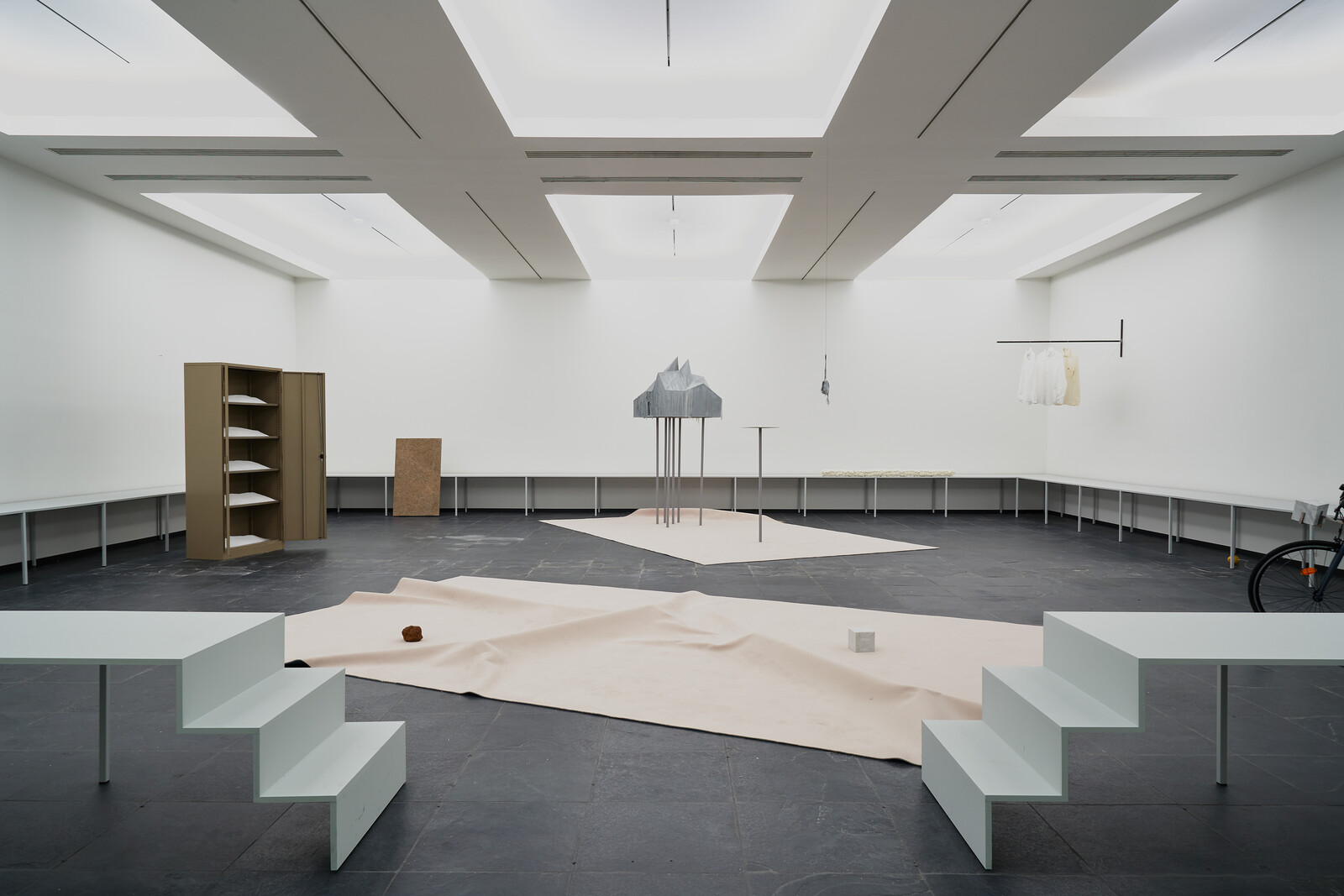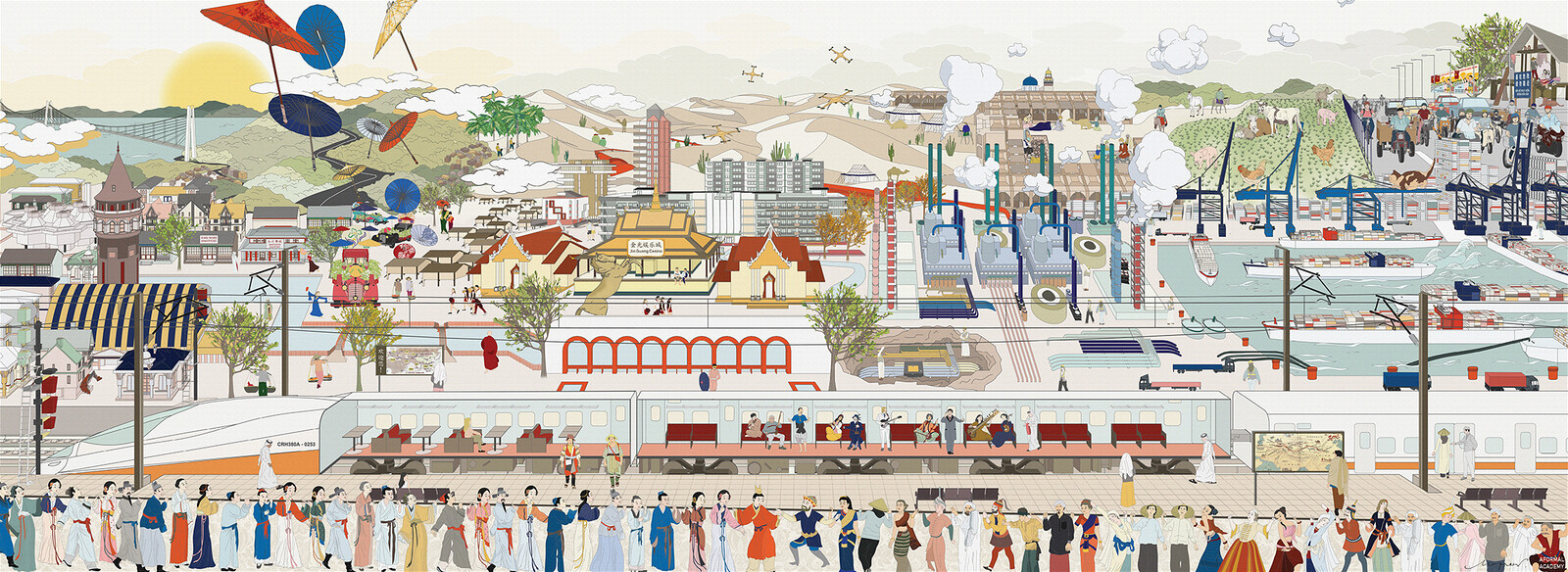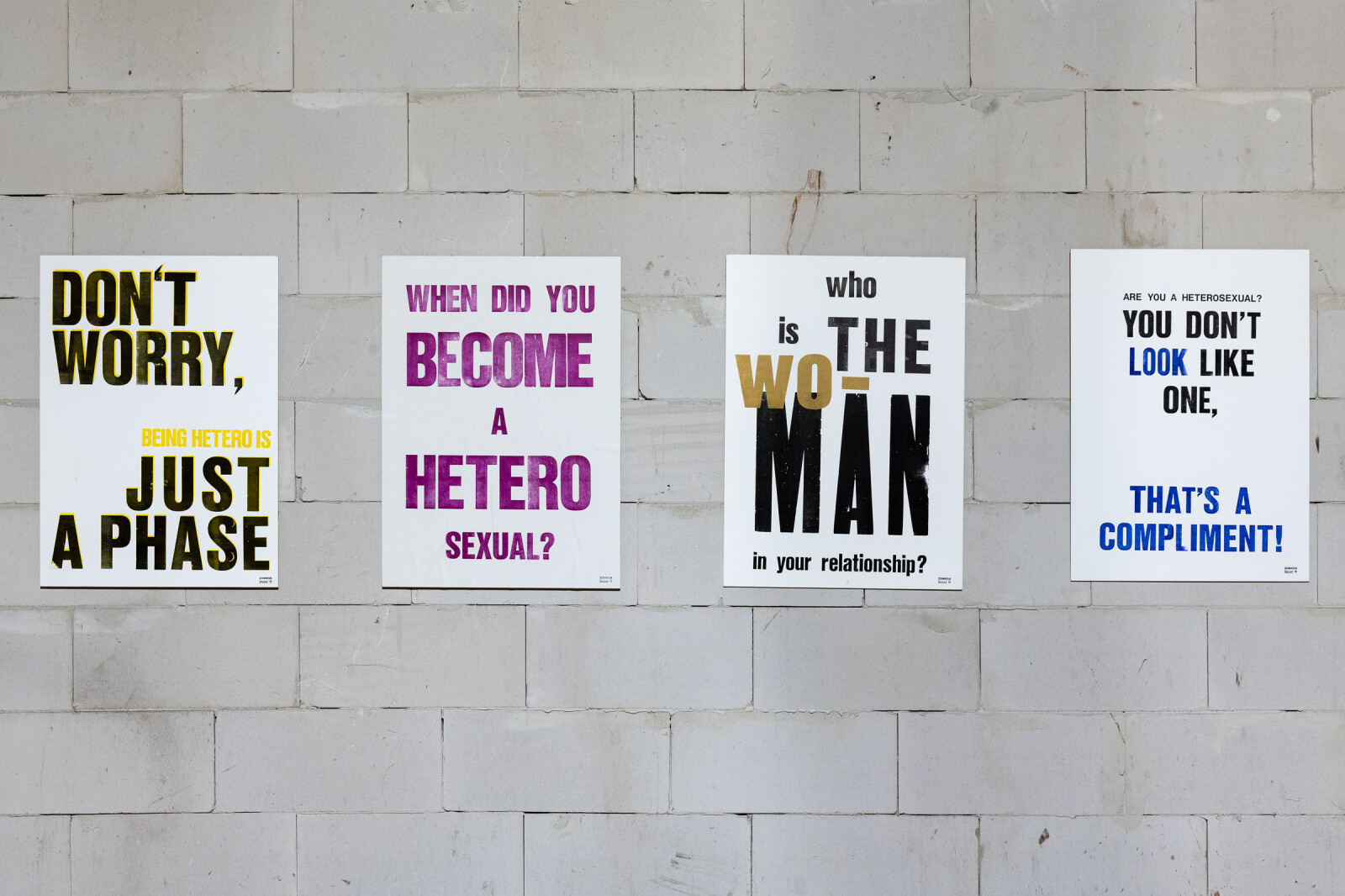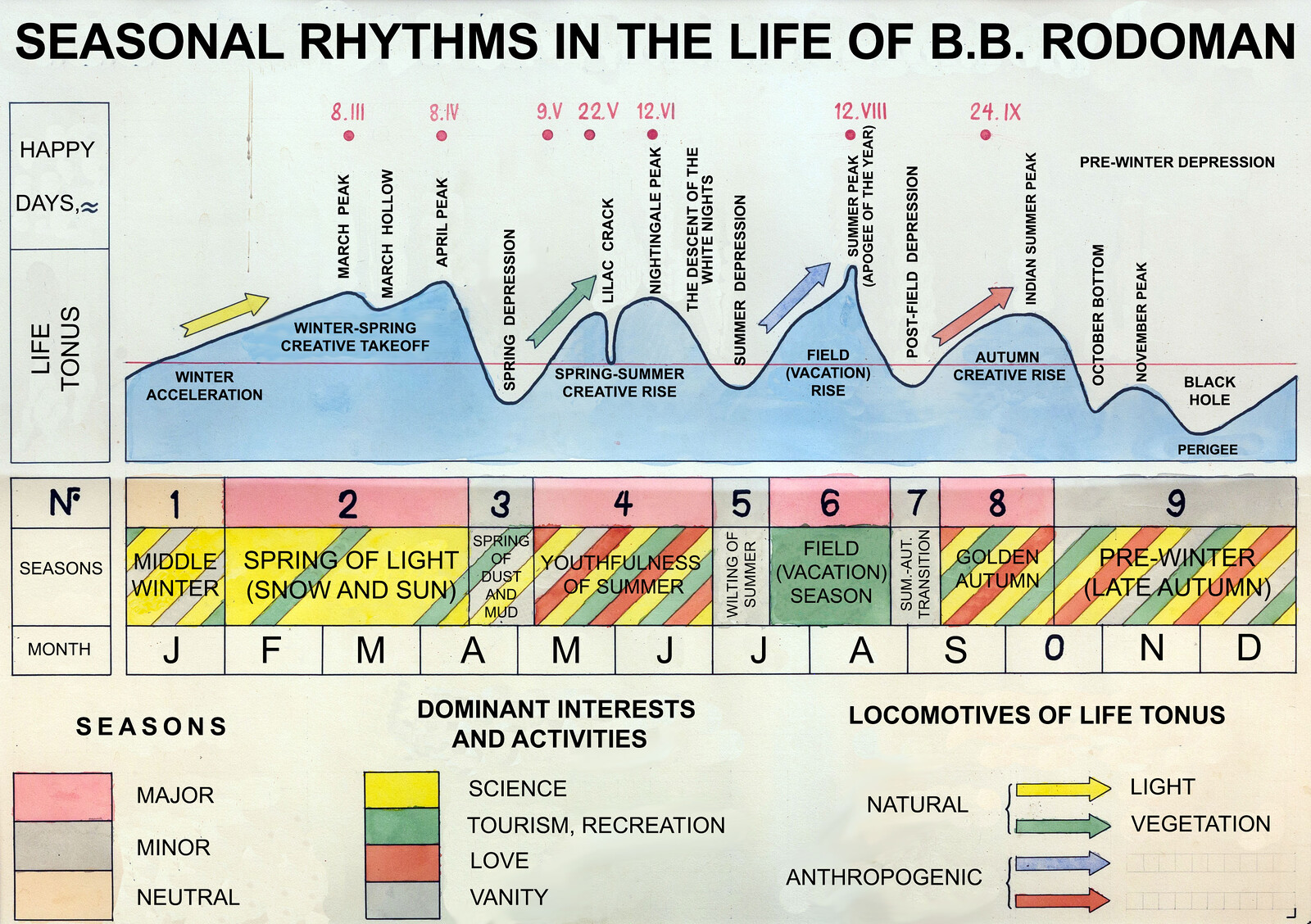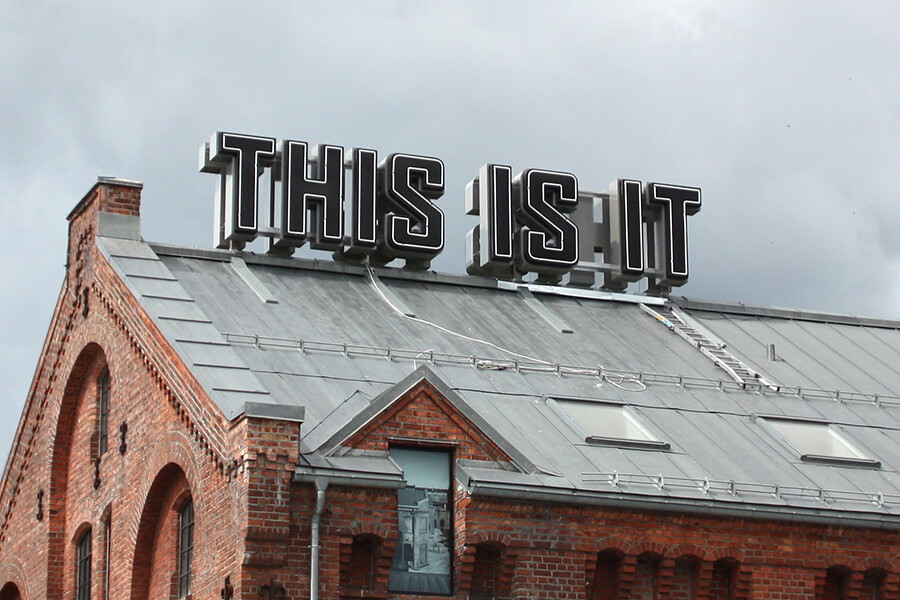James Hoff, in collaboration with Ben Kudler
Once Removed: Screening and Conversation
Smell of rubber returns tread to the road, where we expect open vistas and find the windshield fogs the road, breaks up—a preview of the next few years—a caravan of rescissioned expectations, crab walk of wish and detachment, inventories “looking to a future that wasn’t coming as expected.”
Despite billionaires fleeing to New Zealand and Mars, we’re far too connected by oceans, weather, communications, and diseases for any of us to go it alone. We again need to see the earth as a whole. This is all the more true since the planet photographed from space failed to birth an unequivocally better world.
In Boris Rodoman’s map-like diagrams we are confronted not only with the features of the objects being mapped (a landscape, the author’s experience, or his interests), but also with the mapping procedure itself as a fundamentally important and basic feature of the human mind. The common link between a cartoid that depicts a model of a landscape and a cartoid that schematizes the interests of its author reveals the very procedure of mapping as primarily a cognitive process. Moreover, by charting and mapping himself and his own interests, the researcher makes visible the processes of constructing the subject. In other words, through his geo-cartoids, Rodoman reveals the action of forces and flows of power that construct the subject in many respects as a random assemblage. Rodoman’s geo-cartoids contain an implicit critique of the Russian landscape and the powers that constitute it (hyper-centralization, the influence of administrative divisions, and so on). His para-geographical cartoids do the same kind of work concerning the construction of subjectivity in modern society.


